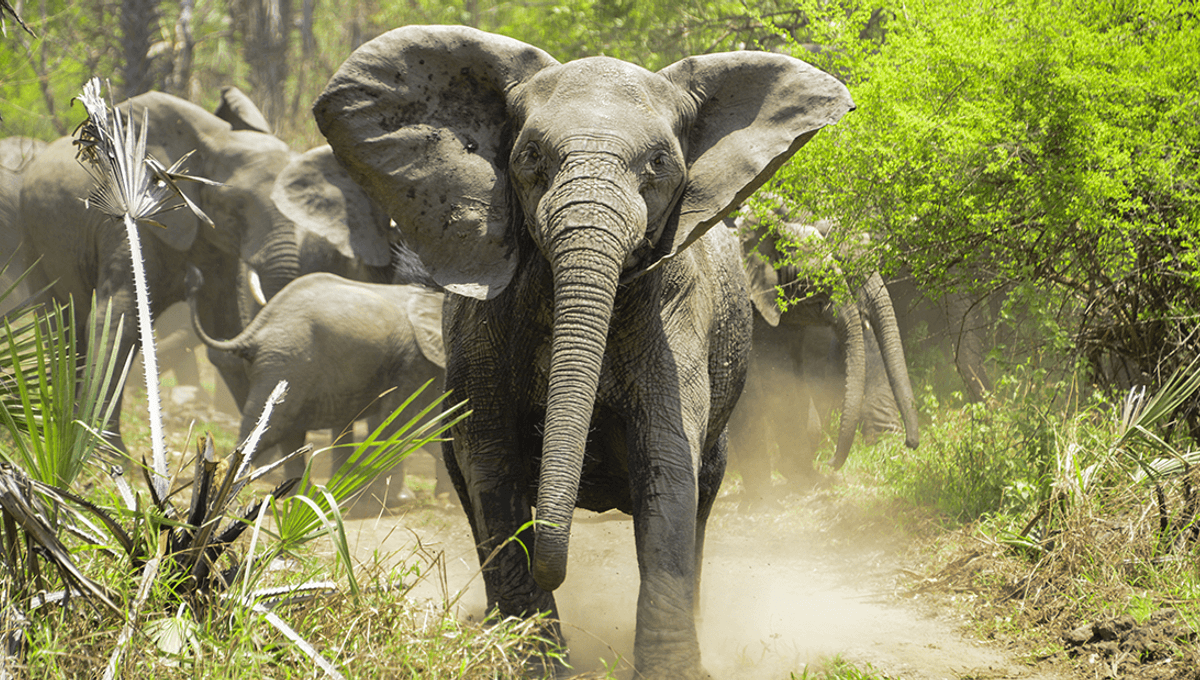
Humans (particularly men) have a bit of a tendency to believe they are tougher than they actually are, at least if quick glances at any YouGov poll are to be believed.
Take, for example, the 12 percent of men who think they could win a point in a match against Serena Williams, as if when a ball is being hit towards them at over 160 kilometers per hour (100 miles per hour) they could hope to achieve anything other than shielding their testicles and maybe letting out a quick undignified yelp.
Continuing this trend, a poll looked at what animals humans think that they could beat in a fight while unarmed, with much the same overconfidence shining through.
The 1,224 US adults surveyed by YouGov were most confident that they could take a rat unarmed combat, with 72 percent of respondents believing they would win the fight, which seems fair enough assuming we’re not in a Ratatouille situation where it’s controlling a chef/cage fighter like a mech.
Bizarrely, 28 percent of Americans overall did not think they could take a rat in a fight, despite the size and intelligence advantage we enjoy.
The survey also showed 7 percent of men believing they could take down a grizzly bear, 16 percent saying that they could beat a wolf, and a whopping 22 percent willing to say for the record that they could take out a chimpanzee.
Weirdly, fights against lions were the only grudge matches that women were more likely to believe that they could win than men (7 percent vs 8 percent). Against the larger animals, differences were minimal, but always with men more likely to think they’d emerge against e.g. a crocodile being anything other than dead. Eight percent of all respondents believed that they could win a fight against an elephant – an animal that as well as having skin 2.5 centimeters (1 inch) thick, we very much stress is the size of an elephant.
Where differences between the genders became really apparent was with medium-sized and smaller animals. Despite great PR and aggression levels to back it up, a whopping 71 percent of men believed they could beat a goose in a fight. To this, the online response has mainly been: have you ever actually seen a goose?
There is, of course, ambiguity in how the survey was worded. For instance, are we fighting the animal in their natural habitat or the depths of space where they are most likely disorientated due to their lack of knowledge about gravity? Are they surprising us, say by popping up through the toilet, or do we get to jump down on them from a tree?
Perhaps the men of the poll believe that they will be treated to boxing rules, in which the fights are publicized months in advance, giving them time to study medium-sized dogs in combat and perhaps switch to southpaw to surprise them on match day. Or, maybe, people are wildly overestimating their abilities to fight wild animals, long after our civilizations have rendered having those skills (almost entirely) unnecessary.
Source Link: Americans Appear To Believe They Could Take An Elephant In Unarmed Combat